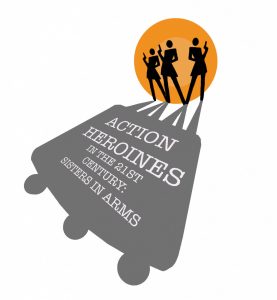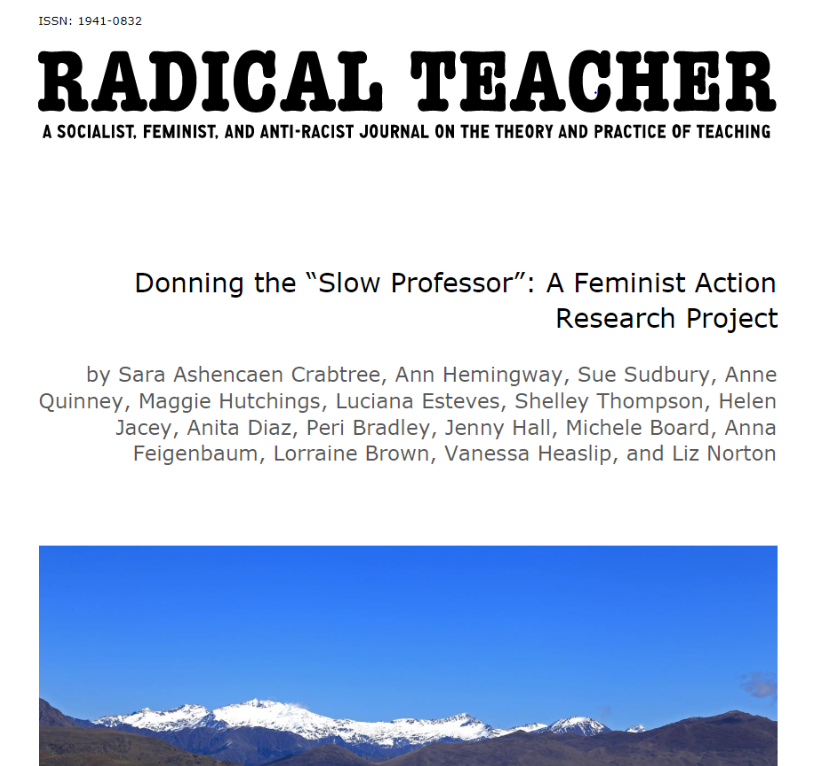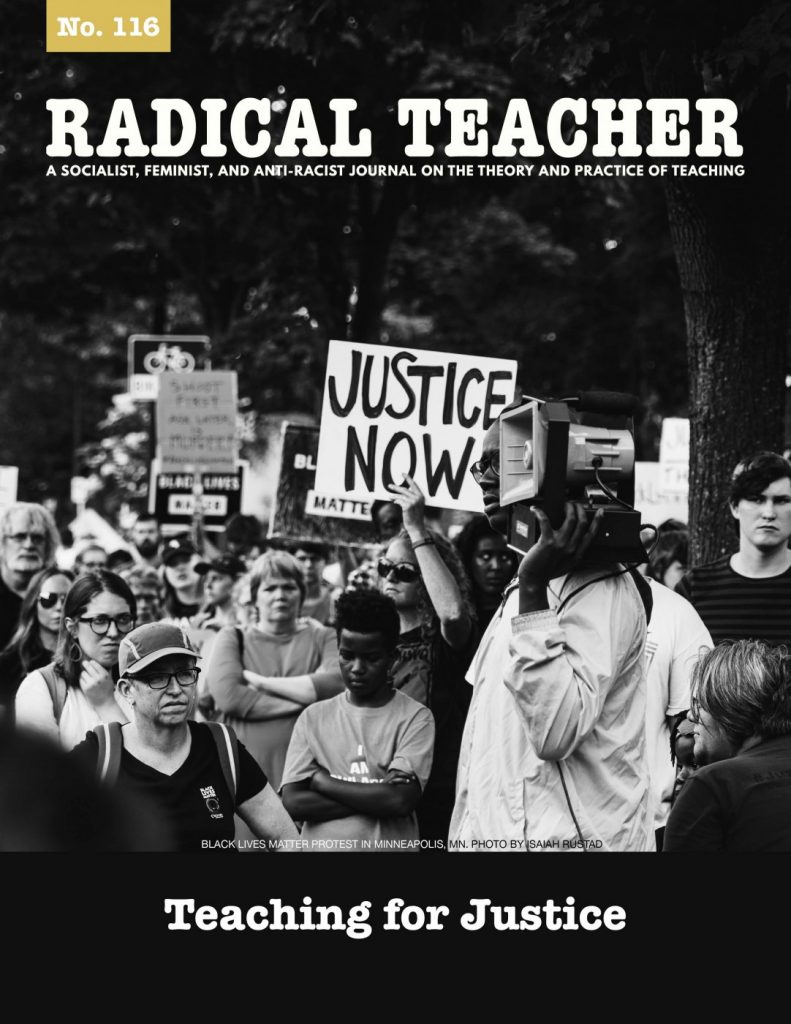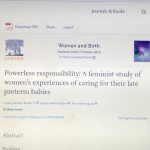Keynote: Professor Yvonne Tasker, University of Leeds 
It is 30 years since Thelma and Louise hit our screens, grossing a cool $45mil at the US box-office and carving out a special place in movie history. A deliberately feminist project for screenwriter Callie Khouri, it was hailed and derided in more or less equal measure by critics for its portrayal of two ordinary Arkansas women turned gun-toting outlaws. The film busted the Hollywood myth that a female-led action movie could not be a critical and commercial success. It also broke the mould by presenting us with not one but two action heroines, this being perhaps the most revolutionary thing about it. As a result, many anticipated an upsurge in female action heroines, but this was not to be. The genre continued to be almost exclusively dominated by men, and where a female action hero did appear (Geena Davis being one significant action star, Angelina Jolie of course another), they were almost always positioned as a single woman surrounded by a cast of men, as though to reinforce their exceptionality and their distance from ordinary women and from socially acceptable constructions of femininity. In the new millennium, however, we have seen an increasing number of women star in and lead action films emanating from Hollywood and beyond. And perhaps more interestingly we have seen the emergence of films that feature more than one female action figure, effectively removing that stultifying burden of representation otherwise shouldered by the lone ‘woman’.
This symposium, hosted by Bournemouth University, has been convened by Christa van Raalte (BU – FMC) and Frances Pheasant-Kelly (Wolverhampton University). Paper will respond to a range of films and television series from Asian productions through to mainstream Hollywood and examine various aspects of the on-screen action heroine – and in particular what happens when she teams up with her peers. We plan to work on a co-edited collection with our collaborators thereafter.
For further details and to register, please visit: https://www.bournemouth.ac.uk/research/centres-institutes/narrative-culture-community-research-centre/action-heroines-twenty-first-century-sisters-arms


 elation to their needs, rather than the focus being almost exclusively on their babies.
elation to their needs, rather than the focus being almost exclusively on their babies.











 Beyond Academia: Exploring Career Options for Early Career Researchers – Online Workshop
Beyond Academia: Exploring Career Options for Early Career Researchers – Online Workshop UKCGE Recognised Research Supervision Programme: Deadline Approaching
UKCGE Recognised Research Supervision Programme: Deadline Approaching SPROUT: From Sustainable Research to Sustainable Research Lives
SPROUT: From Sustainable Research to Sustainable Research Lives BRIAN upgrade and new look
BRIAN upgrade and new look Seeing the fruits of your labour in Bangladesh
Seeing the fruits of your labour in Bangladesh ECR Funding Open Call: Research Culture & Community Grant – Apply now
ECR Funding Open Call: Research Culture & Community Grant – Apply now ECR Funding Open Call: Research Culture & Community Grant – Application Deadline Friday 12 December
ECR Funding Open Call: Research Culture & Community Grant – Application Deadline Friday 12 December MSCA Postdoctoral Fellowships 2025 Call
MSCA Postdoctoral Fellowships 2025 Call ERC Advanced Grant 2025 Webinar
ERC Advanced Grant 2025 Webinar Update on UKRO services
Update on UKRO services European research project exploring use of ‘virtual twins’ to better manage metabolic associated fatty liver disease
European research project exploring use of ‘virtual twins’ to better manage metabolic associated fatty liver disease